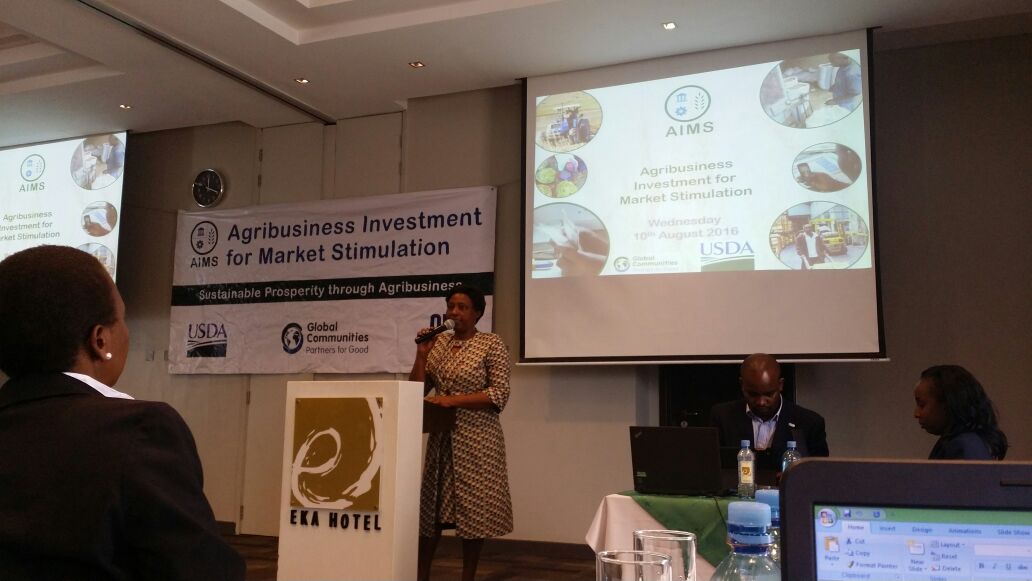Supporting African SMEs through Solid Partnerships
Following recent Food crises in most African countries and more specifically Kenya, we can unanimously agree that food security in Africa can and must be improved. The quickest and most efficient way to reach this is to support small holder farmers to feed themselves and produce marketable surpluses. Agricultural value chain development with a critical role for Small and Medium Agrifood enterprises (SMEs) and with fair rewards for every link in the chain is imperative to create markets for sustainable results.
The key to successful agricultural development is the improvement of local entrepreneurship in agribusiness, by offering support to SMEs as they play a critical role in economic development in Africa and around the world.
AAA has in the past six years been at the center of supporting Agribusiness SMEs, with an understanding that there is a big correlation between SMEs and the farmers they support. In the recent Action research (AR) conducted by AAA, it is evident that AAA members are supporting over three million African farmers. The number is projected to grow with more Agribusiness Entrepreneurs joining AAA.
We cannot undermine the need to have solid partnership to drive the SMEs support agenda. AAA itself needs to establish close links with (inter)national development players (e.g. AGRA, IFDC, WFP, FAO, EU, and AU) as well as Funding organizations to see that this agenda is achieved.
AAA has been pursuing a number of partnerships with likeminded organizations. Early November 2016 Kenya Chapter signed an MOU with Global Communities under the Agribusiness Investment for Market Stimulation Program (AIMS). This program with its activities in Tanzania, Malawi and Kenya, is designed specifically to expand trade in Key agricultural commodities through improved access to finance, related capacity building to both lenders and SMEs operating in horticultural, grain, pulses, dairy and livestock value chains.
This MOU aims at; creation of learning networks through encouragement of local, regional and international exchange of information and experiences as well as applying best practices in Agribusiness, support agribusiness SMEs’ improved access to and use of information through maintenance & utilization of web-enabled trading networks, building the capacity of Agribusiness Entrepreneurs through joint development of training activities, supporting administrative, business planning as well as applying planning and monitoring systems and also design and management of interventions that will enhance agribusiness SMEs access to markets, finance, technical knowledge and relevant Information.
